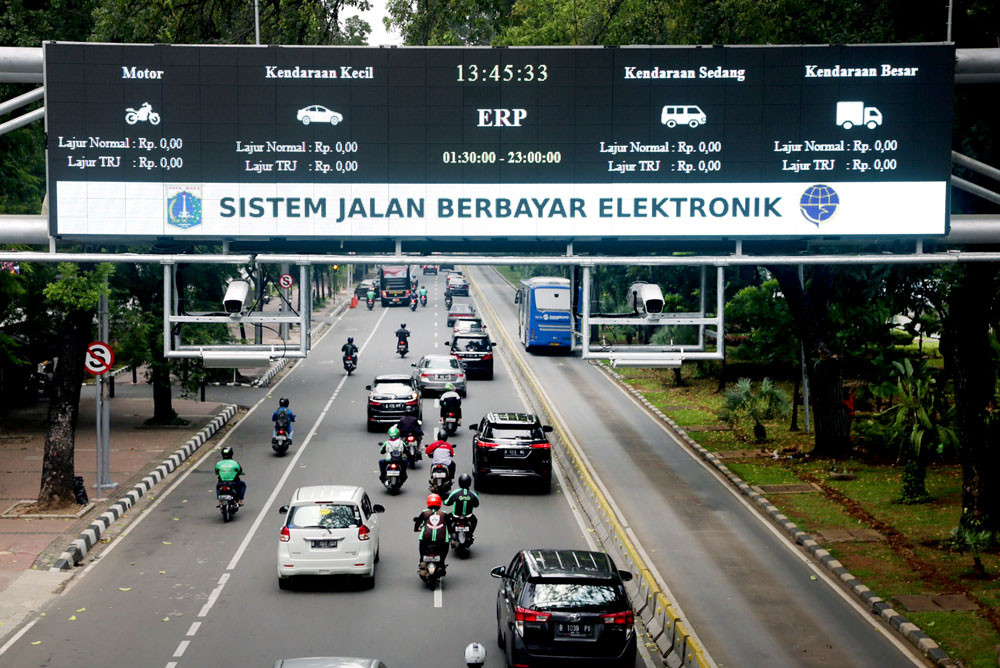Popular Reads
Top Results
Can't find what you're looking for?
View all search resultsPopular Reads
Top Results
Can't find what you're looking for?
View all search resultsZero down payment: Why not?
For the multifinance industry, it is a dream come true as it could revive its business.
Change text size
Gift Premium Articles
to Anyone
T
he relaxation of the down payment requirement for vehicle financing provided by multifinance companies has raised concerns that the incentive could trigger an increase in bad debt and worsen the traffic jams in the country’s major cities.
However, for the multifinance industry, it is a dream come true as it could revive its business, which has been in doldrums for years amid the country’s slowing economic growth.
To live up to their name, multifinance companies have the luxury of providing financing for multiple purposes, such as for purchases of industrial machinery, office equipment and vehicles. However, most of them have opted to focus their business on car and motorcycle loans, which generally carry lower risk.
The latest Financial Services Authority (OJK) regulation is meant as stimulus to boost the companies’ financing business. The OJK, however, sets the bar high for multifinance companies that are allowed to exempt customers from down payments.
Only those with a nonperforming financing (NPF) or bed debts of below 1 percent are eligible for the incentive. Multifinance companies with an NPF of between 1 and 3 percent are still obliged to impose a down payment requirement of 10 percent. As of July 2018, the NPF was at 3 percent on average.
Previously, the companies required a down payment of between 15 and 30 percent. The relaxation is expected to prop up the performance of the multifinancing industry, which has been stagnating at about 6 percent in recent years.
On the other hand, the new year gift for the multifinance sector has raised concerns of a possible increase in bad debt rates in the financing industry. As most multifinancing companies remain reliant on bank loans to finance their businesses, any hike in bad debt within the industry would have a domino effect on the banking industry. If that occurs it could dampen all of the government’s efforts to help the country’s economy rebound.
For the country’s automotive industry, the new financing policy serves as a new year bonus that would further push up their sales. The industry surprisingly exceeded its sales target last year despite the economic slowdown.
The country’s sales grew about 7.5 percent to 1.15 million cars last year from 1.07 million cars in 2017, while motorcycle sales rose by 9 percent to 6.8 million last year, also slightly above their initial target of 6.3 million.
Previously Bank Indonesia had relaxed the loan-to-value ratio to facilitate first-time home buyers to revive the property market especially the sales of residential houses, which fell significantly in 2018. Analysts have also estimated that in addition to the high interest rate, the sluggish sales in the property market would continue this year because of the presidential and legislative elections which for many investors are a “wait and see” period.
Nevertheless, the relaxation initiated by the central bank and the OJK merits close and constant watch to ensure no infringements occur. If the regulations are strictly supervised there is no reason to fear a rise in bad debt.










